Recycling Used Items at Home: A Path to Empowerment and Poverty Alleviation
Recycling is more than just an environmental responsibility—it is a powerful tool for social and economic transformation. In communities where poverty and stagnation persist, repurposing and reusing used items at home can create opportunities for empowerment, job creation, and sustainable development. Through initiatives like Mustard Seed Charity (mustardseedcharity.com), individuals and communities in Nigeria can turn household clutter into valuable resources, fostering economic independence and environmental conservation.
The Power of Recycling Used Items for Community Empowerment
Many items lying unused or discarded at home—such as clothing, furniture, electronics, and kitchenware—hold untapped value. When collected, repaired, or repurposed, they can serve new functions, generate income, and provide employment opportunities. This approach not only reduces waste but also equips communities with skills and resources to break the cycle of poverty.
1. Creating Jobs and Economic Opportunities
Recycling and repurposing used items can create sustainable jobs for unemployed youths, women, and marginalized groups. Instead of throwing away old household items, they can be transformed into products with resale value, such as:
- Old clothes redesigned into trendy fashion pieces or donated to those in need
- Furniture repaired and sold or used to furnish homes at a lower cost
- Electronics refurbished and resold at affordable prices
- Glass jars and bottles repurposed into decorative home accessories
By engaging in these activities, individuals earn a living while also making sustainable choices.
2. Encouraging Entrepreneurship and Innovation
Recycling used household items opens doors for innovative business ideas. Entrepreneurs can create eco-friendly and affordable products from repurposed materials. For example:
- Turning old jeans into stylish handbags or backpacks
- Converting used tires into furniture or playground equipment
- Repurposing wooden pallets into bookshelves or coffee tables
- Upcycling plastic containers into storage solutions
Organizations like Mustard Seed Charity provide training, funding, and support to help individuals turn these creative ideas into profitable ventures.
3. Strengthening Community Bonds
A community-driven approach to recycling fosters cooperation and shared responsibility. When people come together to donate or repurpose used household items, they build relationships, exchange ideas, and support one another. Local initiatives can include:
- Community swap events, where people exchange household items instead of buying new ones
- Skills development workshops on refurbishing and upcycling household goods
- Donation drives for used clothing, furniture, and electronics to help families in need
These activities not only reduce expenses but also strengthen social ties and encourage a culture of giving and resourcefulness.
4. Reducing Dependence on External Aid
Many communities rely on external donations and government assistance to survive. However, by embracing the recycling and repurposing of used items at home, they can reduce dependency and create lasting economic stability. Small businesses that focus on refurbishing and selling second-hand goods reinvest in local economies, improving the standard of living and fostering long-term prosperity.
How Mustard Seed Charity is Making a Difference
Mustard Seed Charity is committed to empowering communities in Nigeria through sustainable recycling programs. The organization provides:
- Training on upcycling and repurposing used household items
- Support for individuals and groups looking to start small businesses
- Awareness campaigns on the benefits of reusing items for economic and environmental sustainability
By leveraging resources and partnerships, Mustard Seed Charity helps people see used household items not as junk but as an opportunity for growth and transformation.
Conclusion: A Call to Action
Recycling and repurposing used items at home is not just about reducing waste—it is about empowerment, poverty alleviation, and economic growth. Every individual and community has the power to contribute to this movement.
By supporting organizations like Mustard Seed Charity, participating in local reuse programs, and turning unused household items into valuable resources, we can create a world where no one is left behind.
Join the movement today! Visit mustardseedcharity.com to learn how you can be part of this transformative journey.

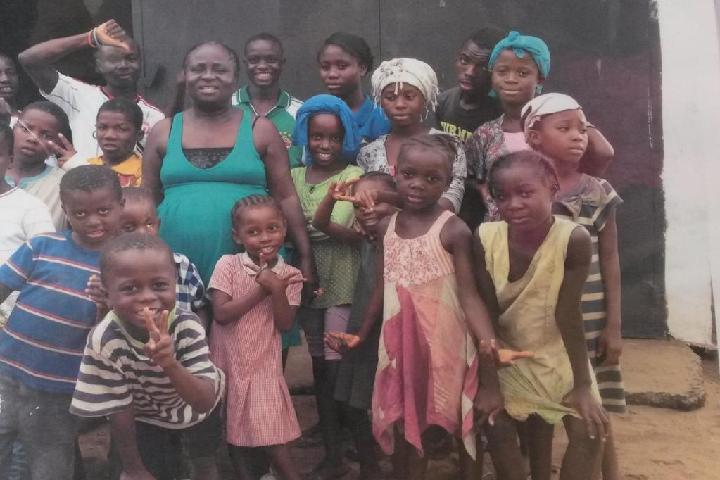

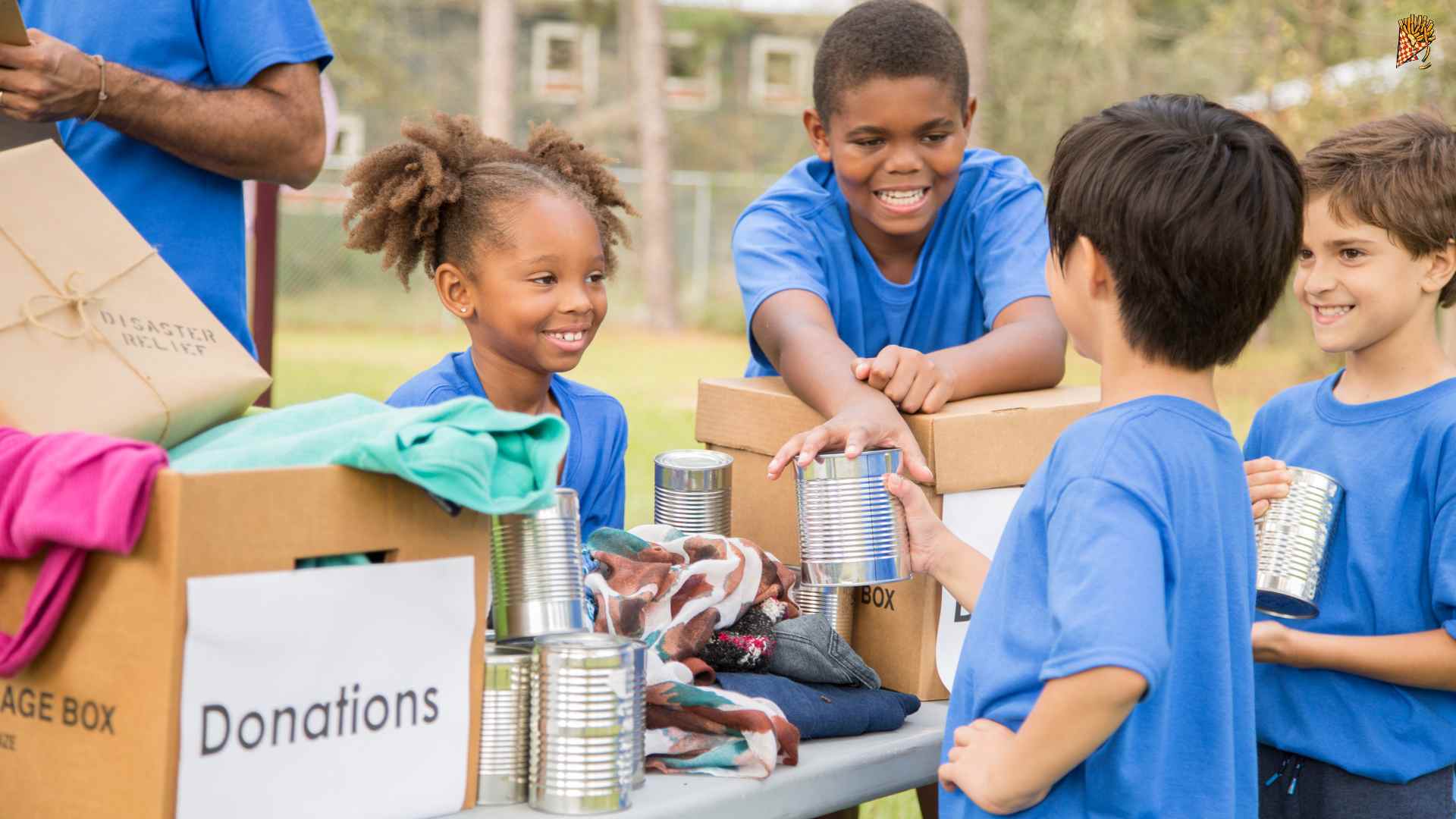

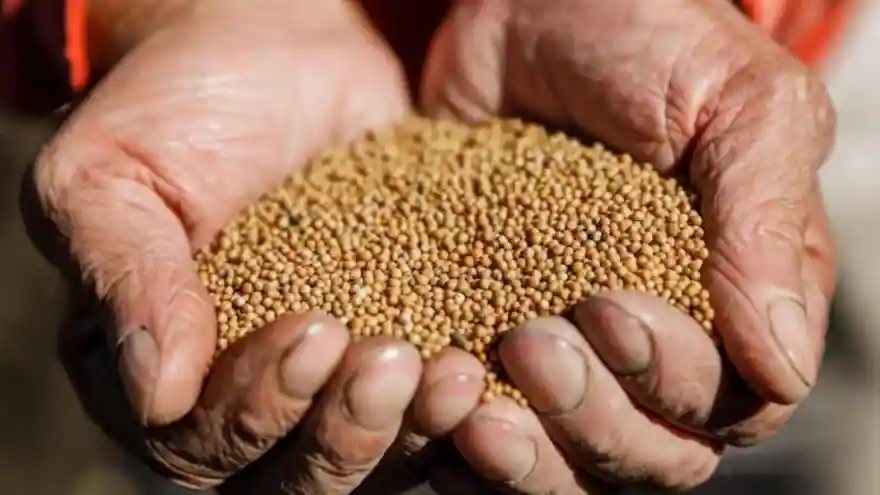






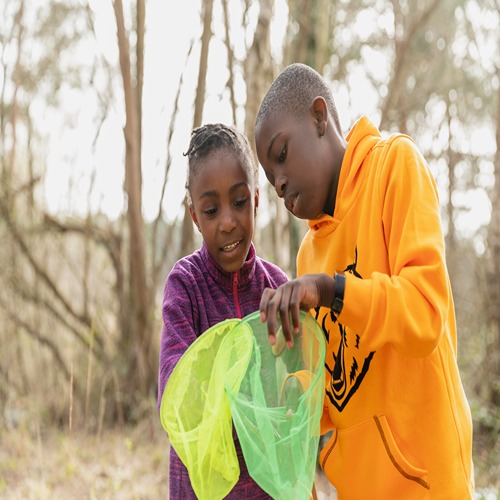
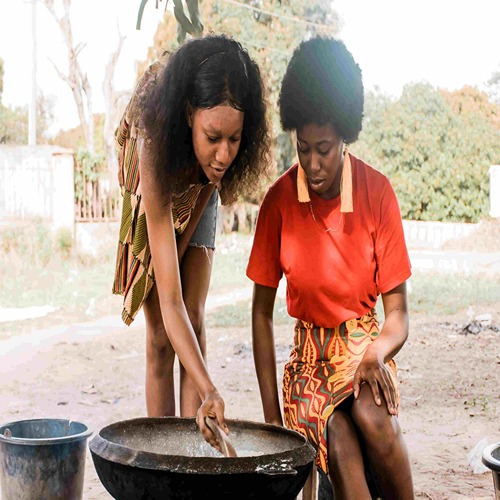
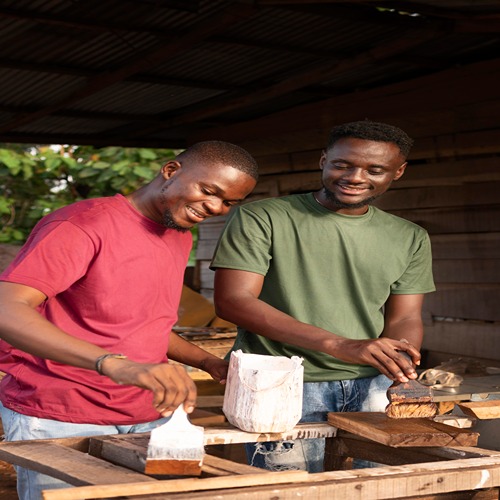

00 comment